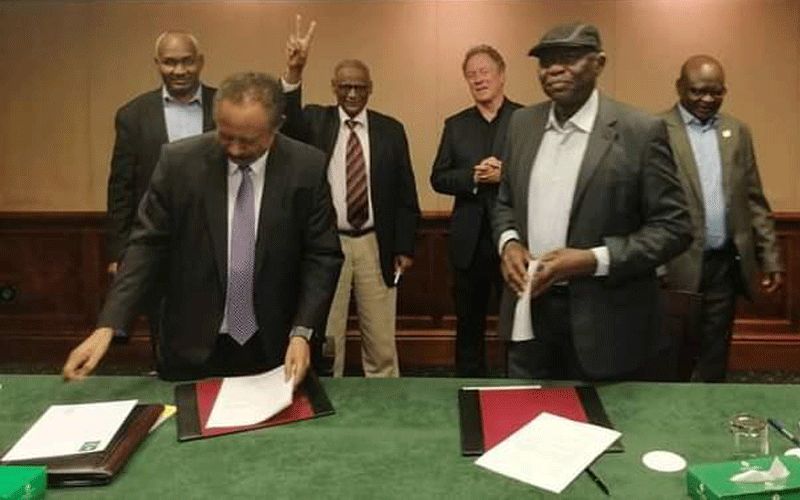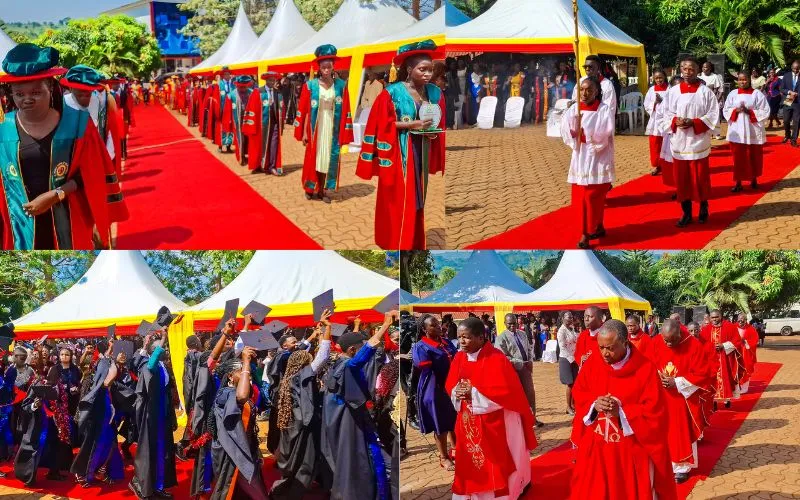El Obeid, 16 September, 2020 / 11:28 pm (ACI Africa).
The decision by Sudan’s transitional government to separate religion from state after three decades of Islamic rule in Sudan marks a new era of faith in the country, a Church official told ACI Africa in an interview.
In the Tuesday, September 15 interview, Secretary General of the Sudan Catholic Bishops’ Conference (SCBC), Fr. Peter Suleiman said that it is now time for Sudanese people to worship and practice their various religious beliefs without fear.
“The time has now come in Sudan to make faith a free will with this agreement of separating religion from state,” Fr. Peter told ACI Africa, and added, “It is a new beginning and now practicing faith will be without preconditions from any person or institution in Sudan.”
Sudanese Prime Minister, Abdalla Hamdok and Abdel al-Hilu, the leader of the Sudan People’s Liberation-North rebel group, on September 3 signed a declaration in the Ethiopian capital Addis Ababa that put an end to decades of Islamic rule in Sudan.
The agreement ending Islam as the official state religion stipulates that the state shall not establish an official religion.








